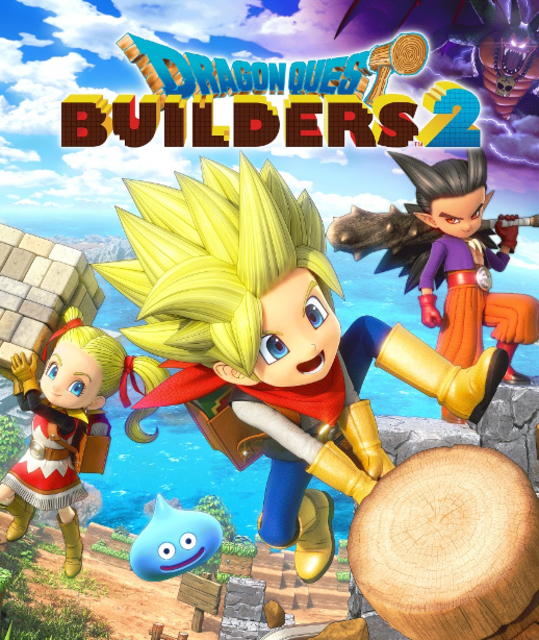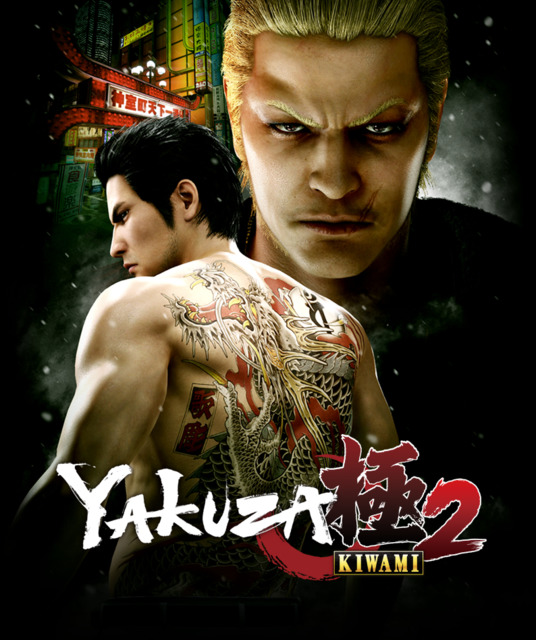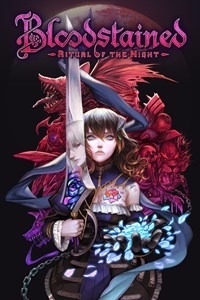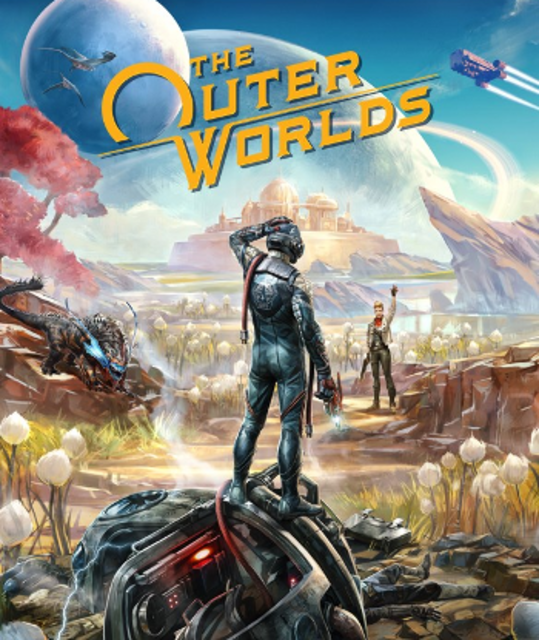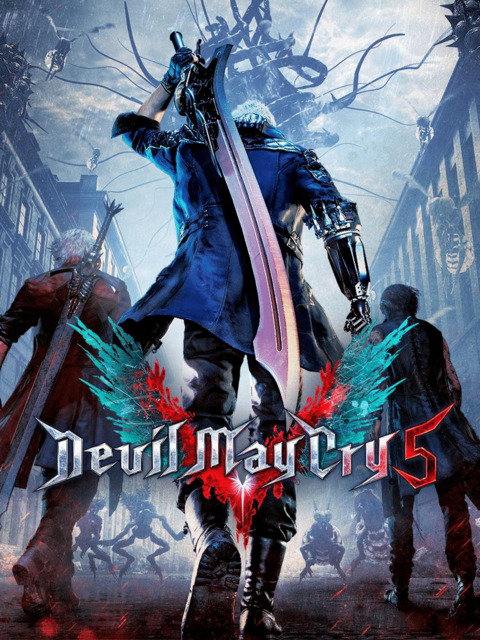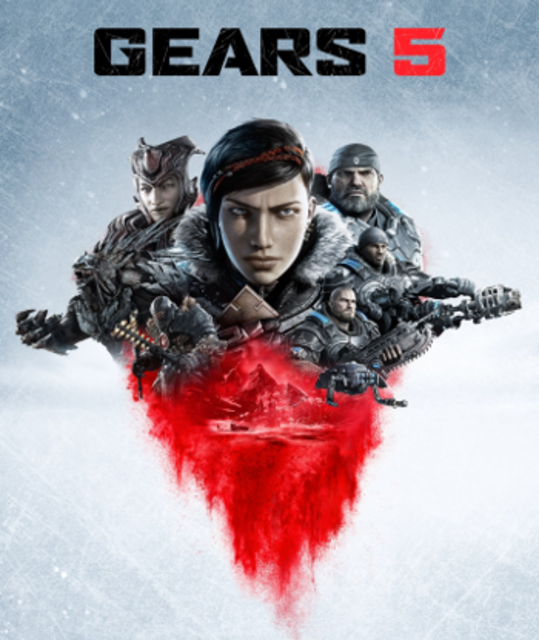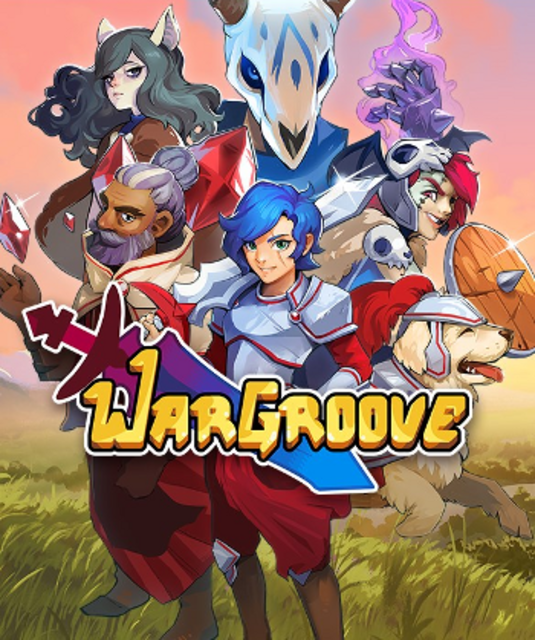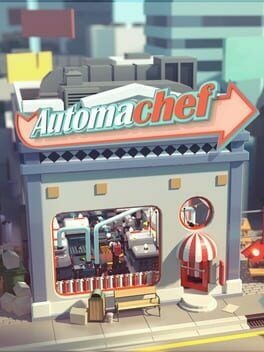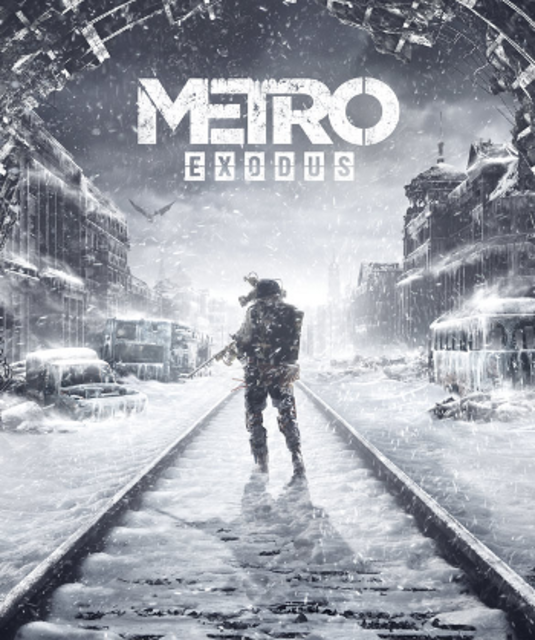It’s been an exhausting and almost fruitless journey being a Yakuza fan since the first I experienced with the fourth mainline entry. Once upon a time, the fifth entry almost passed over the western market when word of any localization effort was absent long after its Japanese release. My hopes to combat a bear in a snowy pass, drift along the highway, and serve others through song and dance were up in the air for a long and hopeless while. Soon came the promise to renew their commitment to bring them to the west completely intact, and eventually they’d even bring the series over to another platform, the PC.
With Yakuza Kiwami 2 (YK2), I left the PlayStation ecosystem confident I’d play it again down the line. After playing through Yakuza 6, I revisited the other Yakuza games I played on PS3 and... they looked terrible, from the menus to the blurry graphics especially. The series’ trademark style and brutality not only crossed over well but returned in full form, and (supposedly) faithfully. With the debut of a new engine through the previous game came obvious limitations, limitations that have been rectified and more in its second outing.
Much of these improvements lie in combat variance and miscellany like food menus tracking what was previously ordered, an annoyingly missing feature in the last go-around. Thankfully, what remains to be the same is the protagonist’s unbreakable determination and idealistic outlook on life he tries to pass onto others, despite the odds. However, most substories felt unusually brief and lacked much of the protagonist’s input but they were still exciting to experience all the same.
Furthermore, some aspects of the game felt dated but they made sense considering this game is a full-on remake. Compared to other narratives in the series, YK2 stowed its hand of twists and turns to the very end and quite heavily at that. Refreshingly, the story is one of the more easier to parse through and lightly paced among the rest, of which can divulge information through too many viewpoints, ploddingly and exhaustively. To see this series reach much deserved exposure with 0 and remakes of its older titles, I hope they continue “Kiwami”-fying the rest.
To finally not have other (read: easily accessible) Yakuza games in the pipeline was a regretful goal to begin with but among one of my favorite pastimes along the way. I hope the next protagonist is as likeable but not too idealistic as the last, just to vary it up a bit.
4/5

